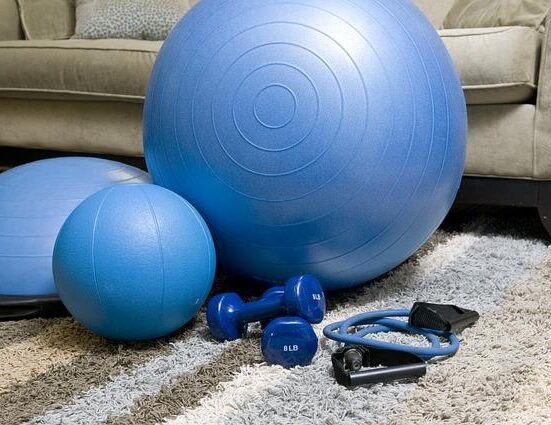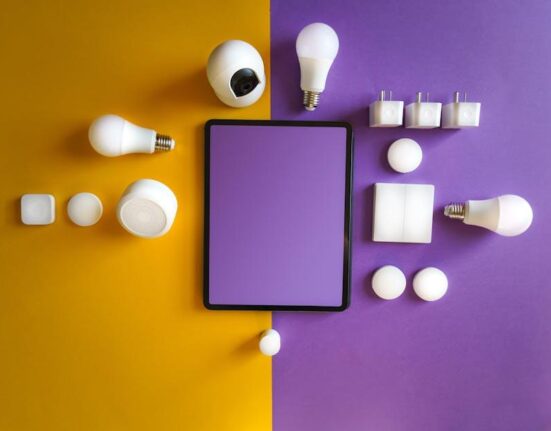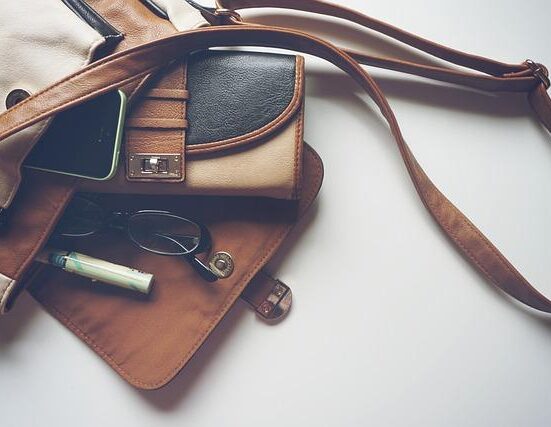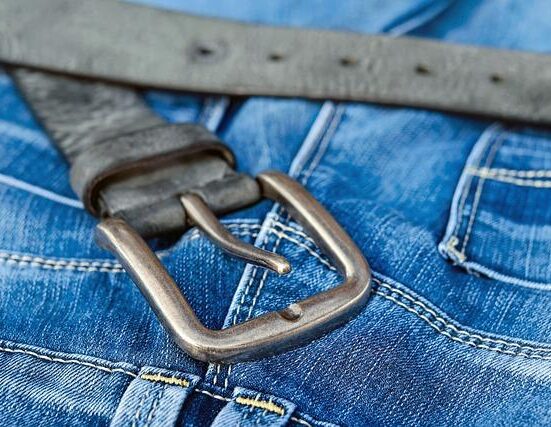In a world where a good night’s sleep is increasingly considered the cornerstone of well-being, the proliferation of sleep trackers promises a path to restorative slumber. But with so many options flooding the market, how do you determine which sleep tracker aligns seamlessly with your unique sleep environment? From under-mattress sensors to wearable devices that monitor every toss and turn, these technologies offer a glimpse into our nightly habits, but are they all created equal? In this article, we will embark on a comprehensive journey to compare the leading sleep trackers, weighing their compatibility with different bed types and sleeping styles. Whether you cocoon yourself in the plush embrace of a memory foam mattress or prefer the firm support of a box spring, the right sleep tracker could be the missing link to achieving the restful nights you seek. Join us as we delve into the features, benefits, and limitations of today’s sleep technology, helping you find the perfect pairing for your bed. Sweet dreams await!
Exploring Sleep Tracker Features for Optimal Bed Compatibility
When evaluating sleep trackers, one of the most essential aspects to consider is their compatibility with your bed setup. Different models come equipped with unique features that cater to various bed types, from traditional mattresses to adjustable bases. Look for trackers that offer multi-device connectivity, allowing seamless integration with your smart home system or mobile applications. Additionally, the ease of installation plays a crucial role; some trackers can be placed under the mattress, while others may need to attach directly to the mattress surface. This flexibility ensures that you can monitor your sleep without disrupting your existing bed arrangement.
Here are some key features to consider when selecting a sleep tracker that works best with your bed:
- Sleep Quality Analysis: Trackers that can distinguish between light, deep, and REM sleep stages.
- Temperature Control: Devices that monitor or regulate bed temperature for enhanced comfort.
- Movement Detection: Sensitive trackers that can identify sleep disturbances due to partner movements.
- App Integration: Compatibility with popular health apps for broader health insights.
To help visualize the differences, here’s a comparison table of some popular sleep trackers and their standout features:
| Sleep Tracker | Bed Compatibility | Key Features |
|---|---|---|
| Tracker A | All mattress types | Temperature control, Sleep analysis |
| Tracker B | Adjustable bases | Movement detection, Smart app integration |
| Tracker C | Memory foam only | Deep sleep tracking, Hypnus feature |

Understanding Accuracy and Reliability in Sleep Monitoring Devices
When evaluating sleep monitoring devices, understanding their accuracy and reliability is crucial. Accuracy refers to how closely the device’s readings match actual sleep patterns, while reliability indicates the consistency of these readings over time. Factors influencing both include sensor technology, user adherence to wearing the device, and even environmental conditions like noise. Devices equipped with advanced technologies, such as accelerometers and heart rate monitors, often yield more precise data, allowing the user to gain better insights into sleep quality. However, user habits have a considerable impact; if a device isn’t worn properly or consistently, its ability to accurately track sleep diminishes.
Furthermore, the integration of features such as smart alarms and sleep stage tracking can enhance the overall reliability of sleep trackers. Some devices excel in providing comprehensive sleep analytics, while others focus on essential metrics. Here’s a brief comparison of some popular sleep monitors:
| Device | Accuracy | Reliability | Key Features |
|---|---|---|---|
| Device A | High | Very Reliable | Heart Rate Monitoring, Smart Alarm |
| Device B | Medium | Reliable | Sleep Stage Analysis, Integration with Apps |
| Device C | High | Moderately Reliable | Advanced Sleep Insights, Landline Connection |
Ultimately, the choice of a sleep tracker should align with your individual needs and preferences. Some users prioritize comprehensive data, while others may simply want to monitor basic sleep patterns. By assessing the accuracy and reliability of different options, you can find a sleep monitoring device that complements your sleeping environment and enhances your sleep quality.

Integrating Sleep Trackers with Smart Home Systems for Enhanced Comfort
Integrating sleep trackers with smart home systems can significantly enhance your nighttime comfort and overall sleep quality. By using advanced technology, you can create an intelligent sleep environment tailored to your preferences. For instance, smart lights can adjust their brightness based on your sleep phase, gradually dimming as you prepare for bed and gently illuminating as you wake up. Similarly, smart thermostats can regulate the temperature based on data gathered from your sleep tracker, ensuring that your bedroom remains within your ideal sleep range throughout the night.
To achieve seamless integration, consider the following benefits of pairing sleep trackers with smart devices:
- Automated Sleep Environment: Set your lights and temperature to adjust automatically based on your sleep tracking data.
- Wake-Optimized Environment: Receive gentle alarms that coordinate with your light and sound settings for a more refreshing awakening.
- Health Insights: Access comprehensive analysis of sleep patterns that can be shared with other health monitoring devices.
| Smart Home Device | Compatible Sleep Tracker | Key Feature |
|---|---|---|
| Philips Hue Lights | Fitbit | Adaptive light schedules based on sleep phases |
| Nest Thermostat | Oura Ring | Temperature adjustments linked to sleep quality |
| Amazon Echo | Xiaomi Mi Band | Voice-activated sleep insights and tips |

Budget Considerations: Finding the Best Value in Sleep Tracking Technology
When venturing into the world of sleep tracking technology, it’s essential to keep your budget in mind while maximizing value. High-end devices may boast advanced features like sleep cycle and heart rate monitoring, but often, more affordable options can deliver satisfactory results for the average user. The key is to assess what features truly matter for your sleep habits. Consider options that offer:
- Basic Sleep Metrics: Tracking duration, stages of sleep, and disturbances.
- User-friendly Interfaces: Easy-to-navigate apps and displays.
- Compatibility: Whether the tracker integrates smoothly with your existing tech, such as smartphones or smart home systems.
- Durability and Warranty: Look for reliable brands that back their products with decent warranties.
Comparing models side by side can illuminate the real value each brings to your rest routine. A simple
| Model | Price Range | Key Features |
|---|---|---|
| Tracker A | $50-$70 | Basic sleep analysis, smartphone sync |
| Tracker B | $100-$150 | Advanced metrics, long battery life |
| Tracker C | $200+ | Comprehensive analysis, integration with other health trackers |
can serve as a useful reference point. By evaluating these factors, you can confidently choose a device that aligns with both your sleep needs and financial plan, ensuring your investment pays off in restful nights.
Key Takeaways
As we draw the curtains on our exploration of sleep trackers and their compatibility with various bed types, it’s clear that the quest for the perfect sleep solution is as unique as each individual’s sleep style. From sophisticated smart mattresses to wearable devices that sync seamlessly with your nightly routine, the right choice hinges on your personal preferences, lifestyle, and the specific features you value most.
Whether you’re a restless soul in search of restorative sleep or a data-driven individual eager to gain insights into your slumber patterns, understanding the nuances of each tracker can illuminate the path to better sleep. Remember, the best tracker isn’t just about numbers or notifications—it’s about enhancing your sleep experience and ensuring you wake up refreshed, ready to tackle the day ahead.
As you embark on this journey of discovery, consider not only compatibility but also how each device aligns with your overall health and wellness goals. After all, in the grand tapestry of life, quality sleep is an essential thread that weaves everything together. Happy sleeping!













Leave feedback about this